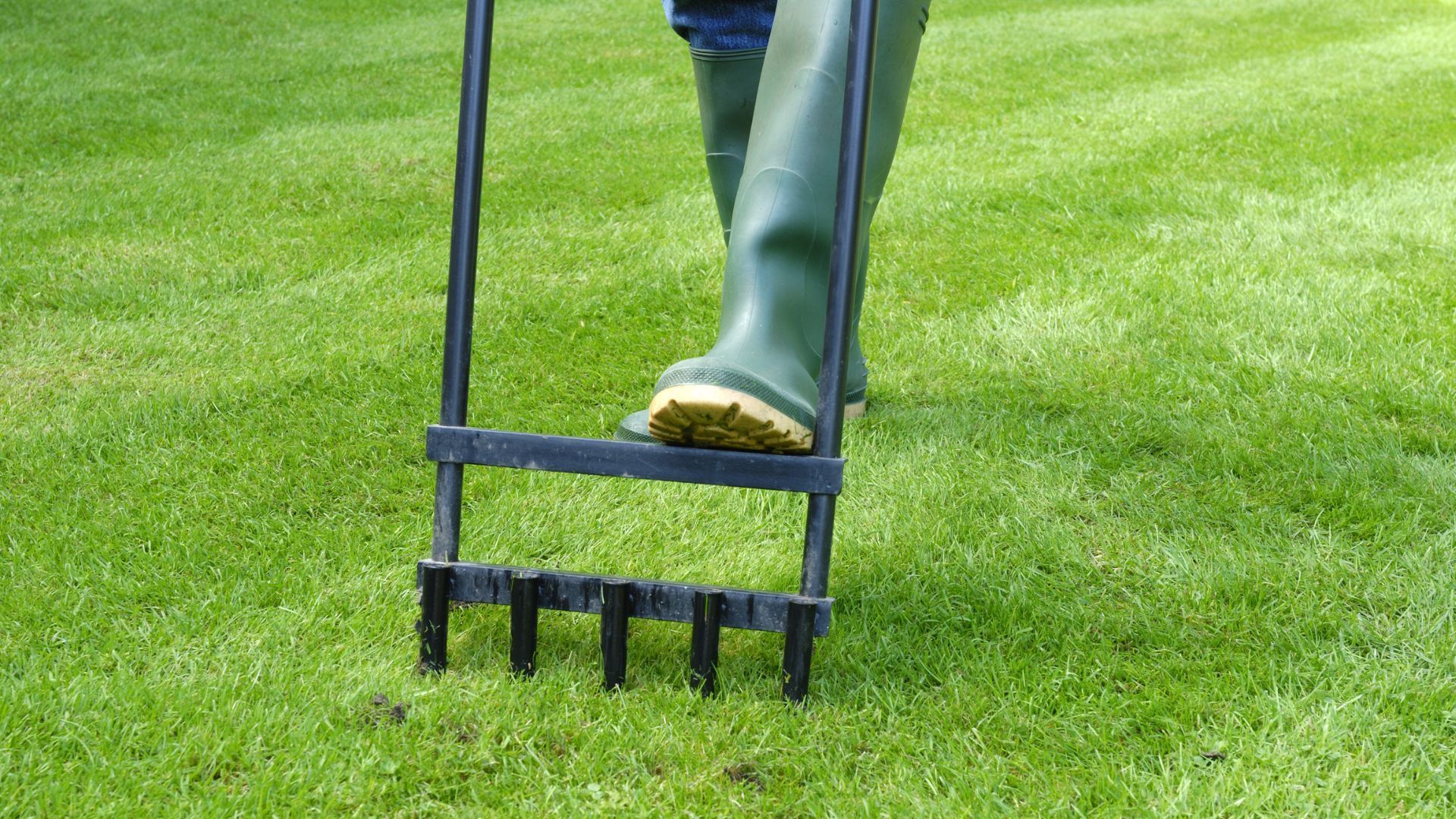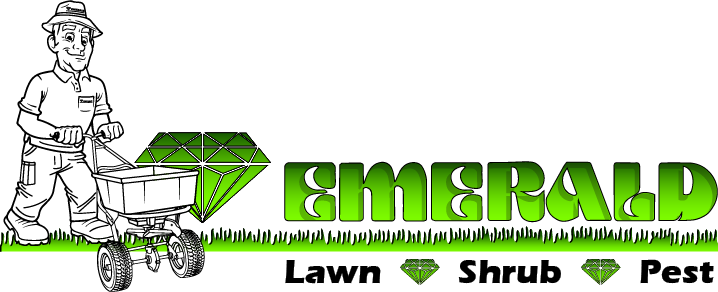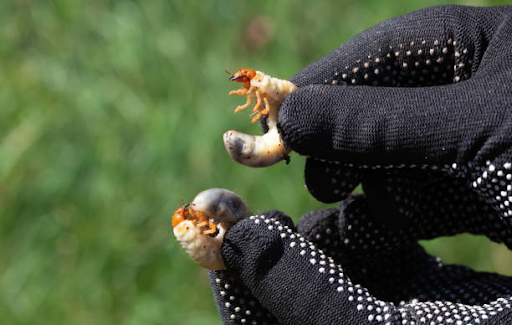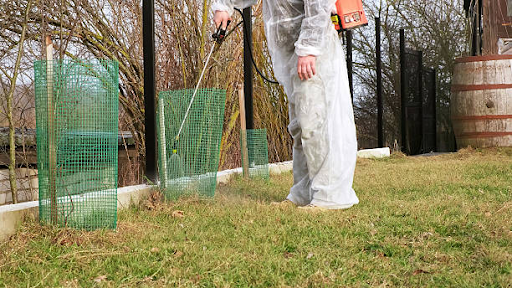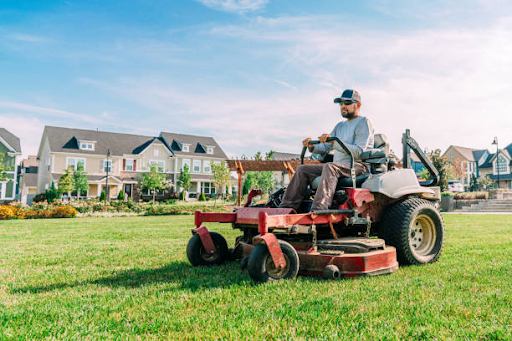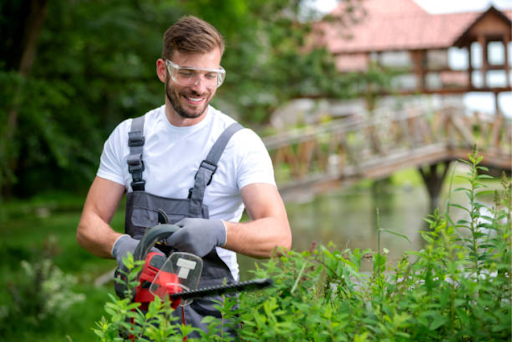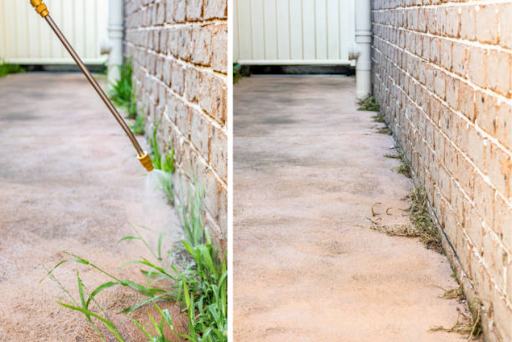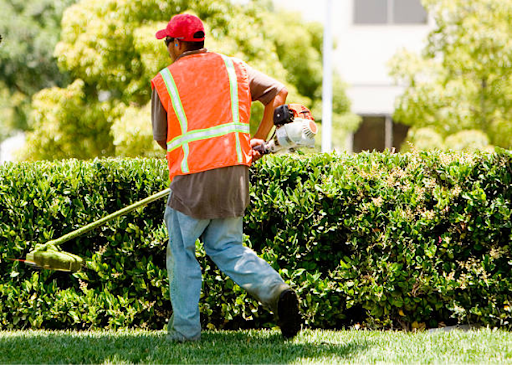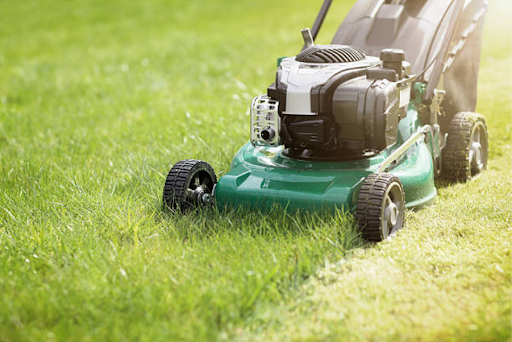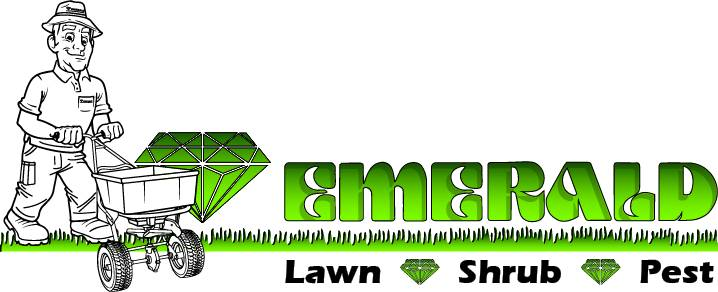Emerald Lawn-Scapes P.O. Box 174 Boonton, NJ 07005-1752
How Do Organic vs. Synthetic Lawn Programs Compare in Boonton, NJ?
Maintaining a lush, green lawn in Boonton, NJ isn't just about aesthetics—it's about health, safety, and long-term value. Whether you're a new homeowner or have been nurturing your landscape for years, you’ve likely wondered: “Are organic lawn programs better than synthetic ones?”
At Emerald Lawn-Scapes, we specialize in both approaches—particularly our unique Organic Bridge Program, which blends the benefits of both systems. This guide helps Boonton homeowners make an informed choice tailored to their property, lifestyle, and values.
Understanding the Basics of Lawn Care Programs
What Is an Organic Lawn Care Program?
Organic lawn care uses natural substances—compost, seaweed extracts, bone meal, and other biodegradable inputs—to enrich your soil and nourish your grass without harming the environment or living organisms.
What Is a Synthetic (Chemical-Based) Lawn Care Program?
Synthetic programs rely on man-made fertilizers and pesticides, offering quick green-up and visible changes, often at the expense of long-term soil structure.
Overview of Emerald's Organic Bridge Program
Our Organic Bridge Program marries the best of both systems—maintaining lawn vitality through natural ingredients while using targeted conventional inputs when necessary.
Key Differences Between Organic and Synthetic Approaches
Ingredients Used in Each Type of Program
- Organic: Compost, feather meal, alfalfa
- Synthetic: Urea, ammonium nitrate, herbicides
How They Work on Soil and Grass Health
Organic methods feed the soil, enhancing microbial life. Synthetic fertilizers bypass the soil, feeding the plant directly.
Impact on Microbial Soil Activity
Healthy microbes break down organic matter into nutrients—critical for disease resistance and long-term turf health.
Nutrient Release Speed: Slow vs Fast
Organic fertilizers release slowly, offering sustained nutrition. Synthetic fertilizers act fast, which can cause burn or nutrient runoff.
Environmental and Health Considerations
Are Organic Programs Safer for Kids and Pets?
Yes. Organic materials are non-toxic and break down naturally—making your lawn safe for play immediately after treatment.
Groundwater Contamination & Runoff Risks
Synthetic products can leach into local waterways, especially after rain—posing risks to Boonton’s eco-system.
NJ Environmental Trends Toward Organic Products
The NJDEP and local municipalities are increasingly promoting organic landscaping alternatives to protect groundwater and air quality.
Cost Comparison & Long-Term Lawn Investment
Immediate Costs vs Long-Term Soil Health
While organic care may cost more upfront, it leads to fewer treatments and stronger soil resilience over time.
Maintenance Frequency and Labor
Organic care may require fewer corrective treatments, though results may take longer to become visible.
Return on Investment: Curb Appeal and Longevity
A thick, healthy, organically-maintained lawn often lasts longer and withstands drought better than one on synthetic support.
Real-Life Lawn Results: What to Expect
Color and Density Differences
Synthetic fertilizers may cause a quicker green-up, but organic programs create deeper root systems and thicker turf.
Resistance to Drought and Pests
Organically-treated lawns are more drought-resistant and naturally pest-tolerant due to healthy micro-ecosystems.
Recovery from Foot Traffic and Damage
Over time, organically-fed turf recovers faster from wear and compaction due to improved root development.
Boonton-Specific Lawn Challenges and Solutions
Climate Impact on Fertilizer Efficacy
With Boonton’s humid summers and frosty winters, organic fertilizers adjust naturally, while synthetic ones may overperform or leach.
Local Soil Conditions in Morris County
Our local soil often lacks critical microbial activity and balanced pH, which organic programs improve significantly.
Common Lawn Pests and Disease in NJ
From grubs and chinch bugs to snow mold and leaf spot, organic lawns are better protected through stronger soil health.
Choosing the Right Program for Your Property
Matching Lawn Goals with Treatment Type
If you value immediate aesthetics, synthetic may work short-term. For long-term sustainability, organic is superior.
Hybrid Options (Emerald’s Bridge Program)
Our Bridge Program uses organic products for soil health, combined with limited conventional treatments for targeted correction.
Homeowner Lifestyle and Safety Concerns
Pet owners, families, and those near water sources should opt for organically-biased or hybrid programs.
Why Emerald Lawn-Scapes Advocates for a Balanced Approach
How the Bridge Program Combines the Best of Both
We help you strike a healthy balance—protecting your family and the environment while achieving a vibrant, resilient lawn.
Real Client Testimonials from Boonton Area
“After switching to the Bridge Program, our lawn has never looked better—and I feel better knowing it’s safe for our kids.” – Sarah M., Boonton, NJ
Get a Free Organic Lawn Assessment
Ready to upgrade your lawn the Emerald way? Request your free lawn assessment today.
🌿 Internal Links (Emerald‑NJ.com)
- Organic-Based Health Care / Bridge Program
- Soil Testing (part of Lawn Care services)
- Grub Control (under Pest section)
🔗 External References (Authoritative Sources):
- EPA – Lawn and Garden Sustainable Practices
- EPA – Greener Landscaping Guide
- Rutgers NJAES – Your Lawn and Its Care (FS102)
- Rutgers NJAES – Fertilizing the Home Lawn (FS633)
- USDA – National Organic Program
FAQs
Will Organic Lawn Care Take Longer to Show Results?
Yes, but the improvements are more sustainable and resilient.
Is Organic Always More Expensive?
Not necessarily—especially when you factor in fewer retreatments and healthier turf in the long run.
Can You Switch From Synthetic to Organic?
Absolutely! We often transition clients from synthetic to organic using a step-down approach.
